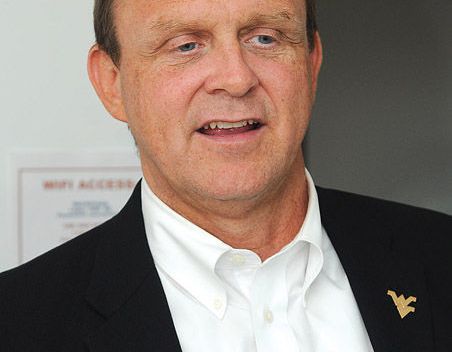
Cnhi Network
How college athletic departments plan to tackle sports gambling
IRVING, Texas — College athletic directors like Kansas State’s Gene Taylor had one less thing to worry about ... Read more

IRVING, Texas — College athletic directors like Kansas State’s Gene Taylor had one less thing to worry about ... Read more